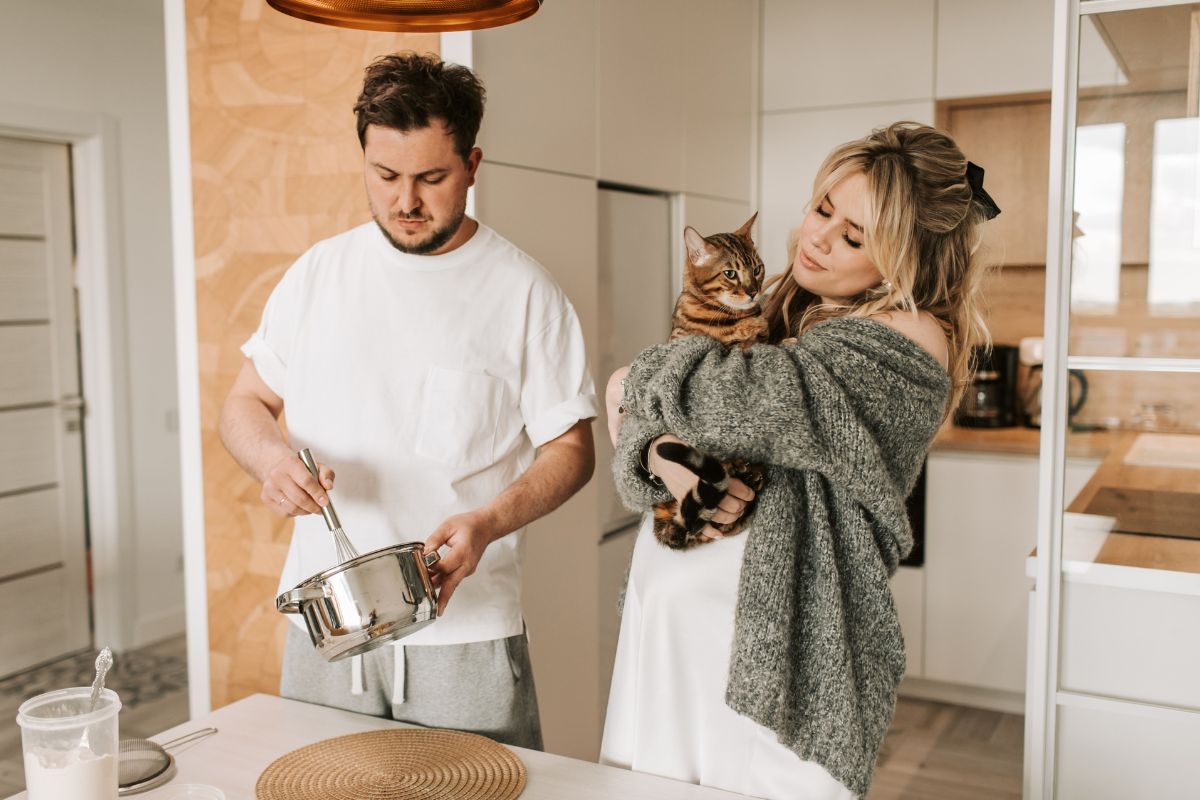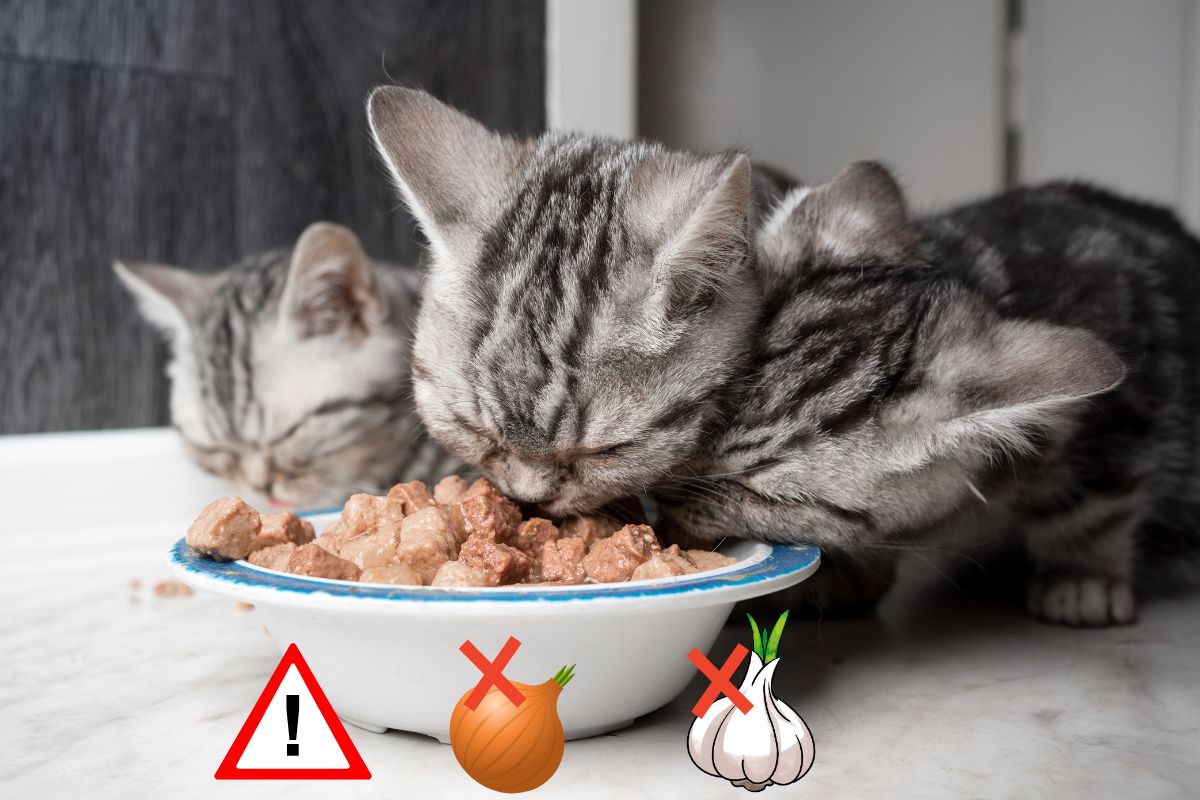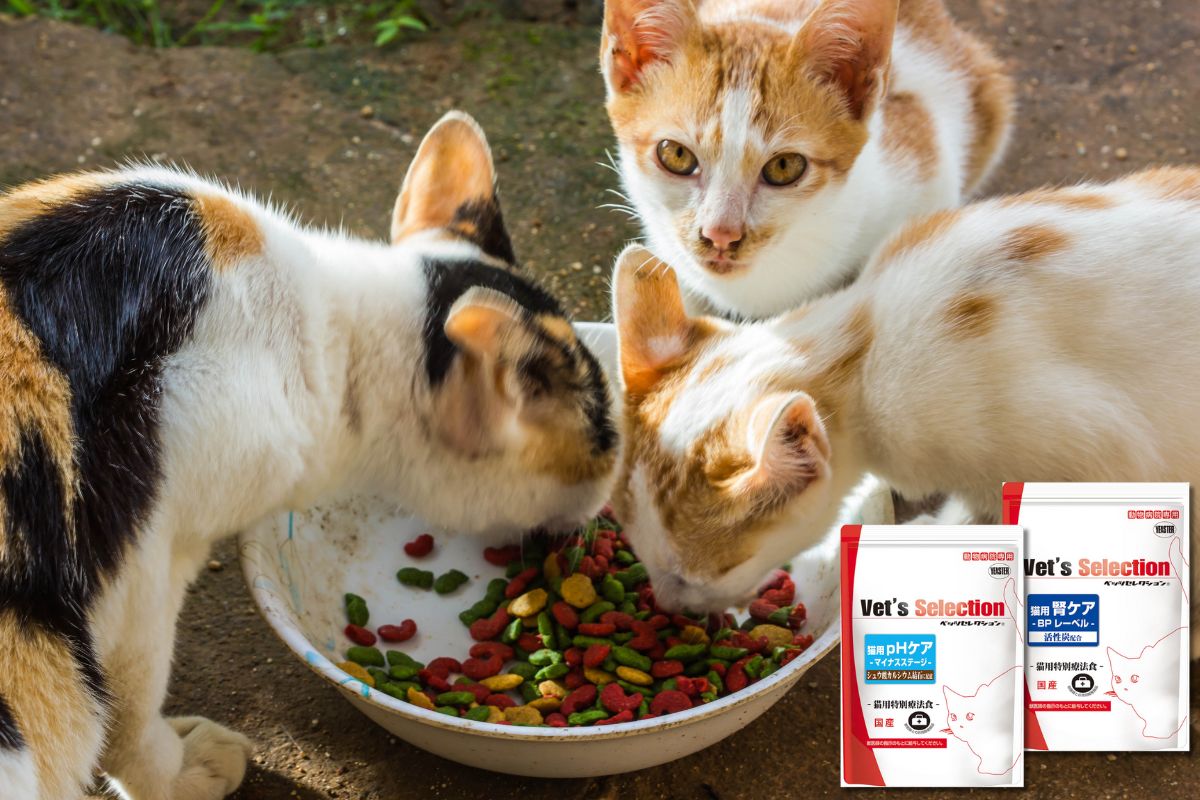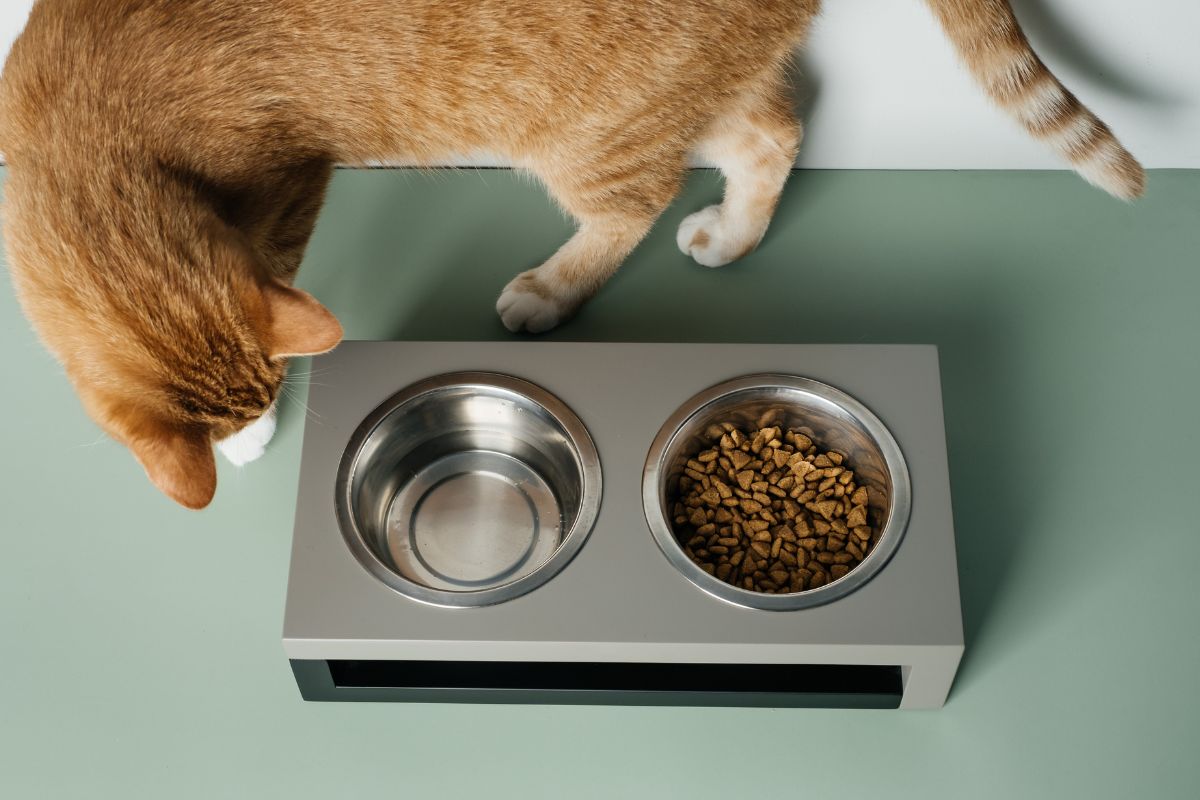Many cat owners believe that preparing homemade meals for their furry companions ensures better safety, hygiene, and health compared to commercially available packaged food. But is this assumption entirely true? Let’s explore the pros and cons of both feeding methods to help you choose the best nutrition plan for your beloved feline.
Benefits of cooking for your cat at home
Home-cooked meals can offer several advantages, especially when it comes to ingredient control and catering to your cat’s specific preferences.
- Better control over ingredients:
You can choose clean meat, fresh vegetables, and avoid additives or artificial colorings. This helps reduce the risk of allergies or digestive issues caused by unknown or low-quality ingredients.
- Customizable to taste and health condition:
Some cats are picky eaters or require special diets due to illness. Homemade food allows you to adjust nutrient ratios based on veterinary advice, supporting recovery and maintaining good health.
- Strengthens emotional bond:
Preparing food by hand is a way to express love and care for your pet. Many owners report feeling closer to their cats through this nurturing act.
Risks of homemade food for cats
Despite its benefits, homemade feeding comes with certain risks if not done correctly.
- Nutritional imbalance is common:
Cats are obligate carnivores, meaning they require a diet rich in animal protein, along with taurine—an essential amino acid that cats cannot produce on their own. Many homemade diets unintentionally lack taurine, calcium, or vitamin D, or contain excessive carbohydrates. This can lead to health issues like metabolic disorders, obesity, or even heart failure.
- Not all human foods are safe for cats:
Common kitchen ingredients such as onions, garlic, chocolate, or raisins are extremely toxic to cats. Even using salt or fish sauce regularly can affect kidney function over time.
- Time-consuming and hard to maintain:
Planning balanced meals, shopping for ingredients, cooking, and storing cat food daily can be demanding. For busy individuals, this may not be a sustainable long-term option.
Packaged cat food – a scientific approach to long-term health
In recent years, the quality of packaged cat food has significantly improved. Beyond convenience, many products are carefully formulated to meet cats’ nutritional needs at different life stages or specific health conditions.
- Balanced formulas backed by research:
Premium dry food and pâté products are often developed according to AAFCO standards (Association of American Feed Control Officials). These formulas ensure your cat receives adequate protein, fats, vitamins, minerals, and essential nutrients like taurine and omega-3 fatty acids.
- Convenient, easy to store and use:
With packaged food, all you need to do is measure the right portion per meal. No need to cook or worry about spoilage. It simplifies the feeding routine and ensures consistent care.
- Ideal for cats with special needs:
For instance, if your cat has kidney problems or digestive issues, you can choose specialized diets such as Vet’s Selection Cat Kidney Care (to support kidney function) or Vet’s Selection pH Care Plus. These products not only manage symptoms but also enhance your cat’s quality of life thanks to targeted ingredients developed by veterinary experts.
Should you cook or choose packaged food?
The answer depends on your circumstances and knowledge.
If you have the time, veterinary nutritional knowledge, and proper guidance, preparing meals at home is absolutely possible. However, it requires a serious commitment to building scientifically sound meal plans—guesswork or using human recipes is not recommended.
On the other hand, if you prioritize convenience, consistency, and complete nutritional balance, high-quality packaged food is a reliable option. Especially for cats with health issues or special dietary needs, expert-formulated products can provide peace of mind.
There is no one-size-fits-all solution for feeding cats. The key is to understand your cat’s nutritional needs, consult with a veterinarian, and choose a diet that suits your lifestyle, time, and your cat’s health. Whether it’s homemade or packaged food, your love and care remain the most important “ingredient” to ensure your cat grows strong and lives happily every day.


 Vietnamese
Vietnamese  日本語
日本語  English
English 



